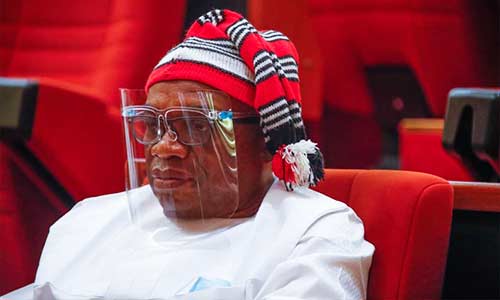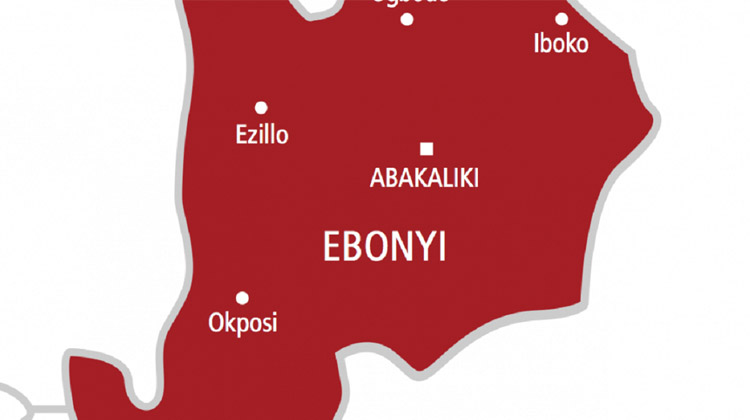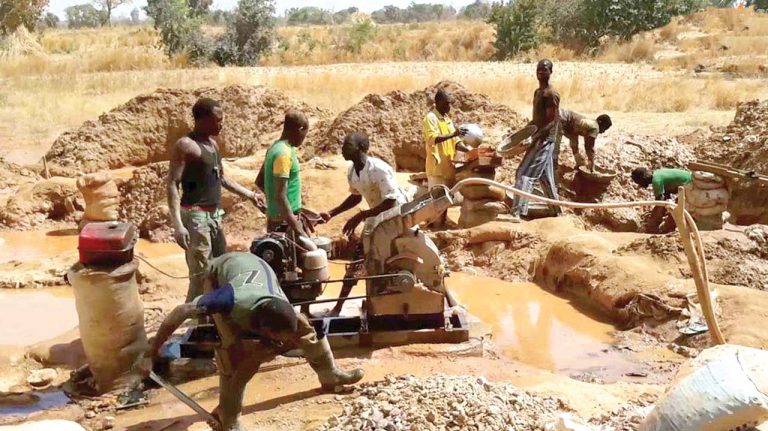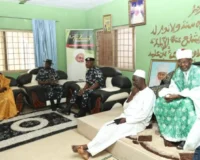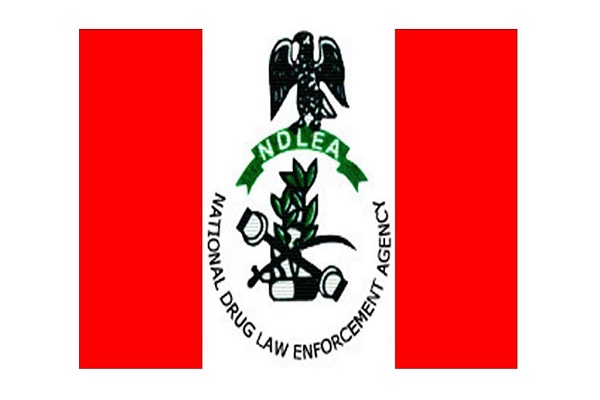The anti-graft agency, EFCC, on Monday, explained why it is yet to re-arraign a former Abia State governor, Uzor Kalu, for theft of public funds and money laundering, five months after a Supreme Court order.
Mr Kalu, who is the current Senate chief whip, representing Abia North, had served about six months in prison for stealing N7.1 billion from Abia State treasury while he served as governor between 1999 and 2007.
The EFCC had in 2018 re-arraigned the two-term governor alongside Ude Udeogu, a former director of finance and account in Abia, and his company, Slok Nigeria Limited, on a 39-count charge before the Federal High Court in Lagos.
Later in December last year, Mr Kalu and the two others were sentenced to 12-year jail terms by Justice Mohammed Idris, who as of then had been elevated to the court of appeal bench, in a legal tussle that started in 2007.
But, on May 8 this year, the Supreme Court, in a unanimous decision by a seven-member panel led by Justice Amina Augie, held that Mr Idris should not have continued to hear the case having been elevated to the appeal court.
The court, therefore, ordered a fresh trial of Mr Kalu and the other defendants.
However, the apex court verdict did not include releasing Mr Kalu from prison. His counsel, therefore, filed a suit before the Lagos federal high court for Mr Kalu’s release.
In a judgement by Justice Mohammed Liman at the Lagos court, the correctional centre was ordered to release Mr Kalu from its Kuje facility. The centre obeyed the next day.
In reaction to the verdict, the EFCC, in May via a statement by the then spokesperson, Dele Olawale, described the order as “quite unfortunate.”
The commission also vowed to prepare a fresh and immediate re-trial.
Five months later, the EFCC is yet to re-arraign Mr Kalu and his company.
Recall in June, how he resumed legislative duties about a week after he was released from prison.
Some outfits including Transparency International Nigeria, had called on the commission to act on the earlier statement it issued.
Our stance- EFCC
“What is holding up that matter is an issue of jurisdiction in the court system,” the EFCC spokesperson, Wilson Uwujaren, said in a phone interview with PREMIUM TIMES on Monday,
He added: “when the judgement was given, it was directed that the matter should go back to the trial court and it was learnt that the chief judge in Lagos transferred the matter to Abuja.
“The commission is asking that that should not be so because it is largely a Lagos matter and Abuja does not have jurisdiction for that.
“The commission’s request for a transfer of the case back to Lagos has not been done. That is why progress has not been done (achieved),” he said.

